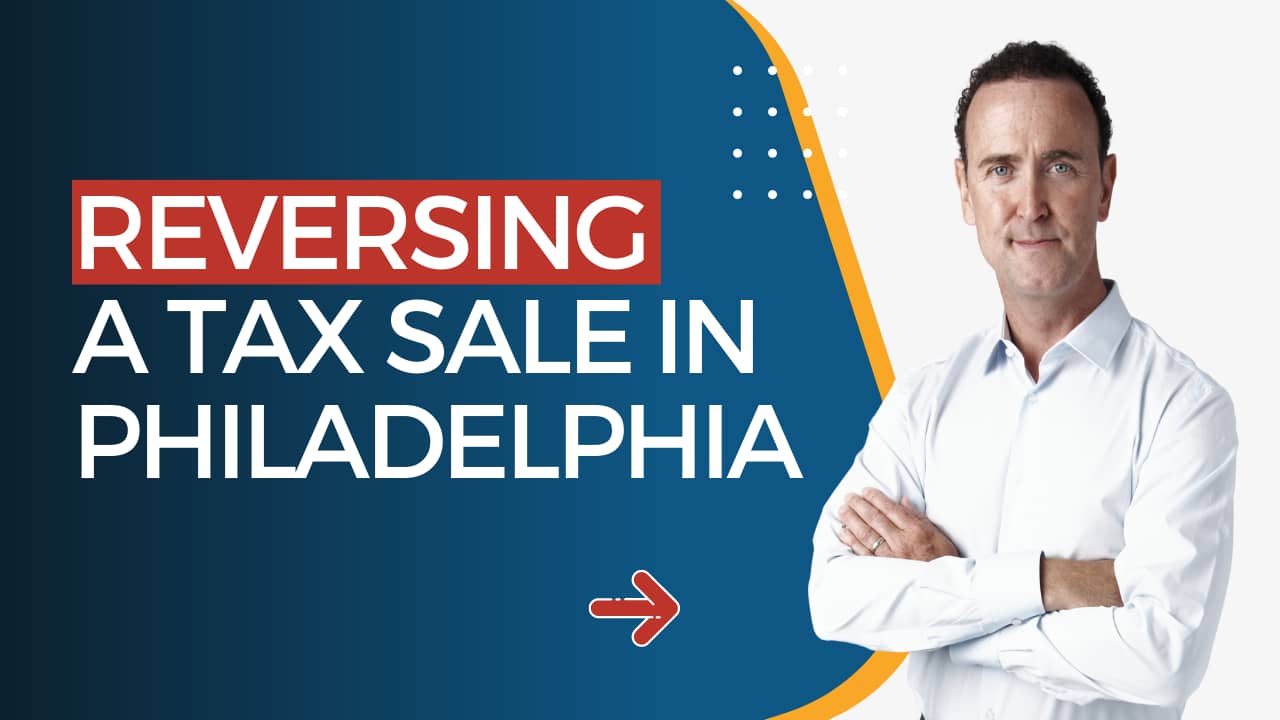Can attorneys charge upfront fees for mortgage legal assistance?
Although attorneys are subject to the MARS Rule, which prohibits unfair and deceptive acts and practices with respect to mortgage loans or foreclosure relief services, the exemption at 12 C.F.R. Part 1015.7 permits attorneys to charge upfront fees provided they (1) Deposit any funds received from the consumer prior to performing legal services in a client trust account; and (2) Comply with all state laws and regulations, including licensing regulations, applicable to client trust accounts. Read Mortgage Assistance Relief Services Rule: A Compliance Guide for Lawyers to find out more.
Under the MARS Rule, attorneys can’t withdraw fees in the client trust account before earning the fee or incurring the expense. To maintain their exemption from the Rule’s ban on upfront fees, attorneys must comply with all state requirements related to use of client trust accounts. Laws and regulations for attorneys vary by state, but examples of activities that likely could cause attorneys to lose their exemption include:
- Withdrawing money from a client trust account before the attorney earns fees or incurs expenses;
- “Front-loading” fees for mortgage relief assistance services to expedite the withdrawal of funds from a client trust account;
- Failing to keep complete records of transactions associated with a client trust account;
- Failing to notify a client of a withdrawal so that he or she has an opportunity to review the transaction and, if necessary, contest it; or
- If a client contests a withdrawal, failing to keep those funds separate from other clients’ and attorneys’ funds.
Attorneys that don’t comply with these requirements are subject to the Rule’s provisions. Examples of activities that likely could cause attorneys to lose their exemption include:
- Allowing their name to be used in solicitations to clients without actively providing legal services in connection with mortgage assistance relief services;
- Misrepresenting any material aspect of their legal services, including the likelihood they’ll get a favorable result, an affiliation with a government agency, or the cost of their services;
- Sharing legal fees for MARS-related services with non-attorneys;
- Helping non-attorneys engage in the unauthorized practice of law;
- Failing to keep clients reasonably informed about their matters, including the potential for adverse outcomes;
- Failing to work diligently and competently on behalf of their clients – that is, not making reasonable efforts to get mortgage assistance relief; and
- Engaging in a widespread telemarketing operation staffed by non-attorneys.
See: CFPB, FTC and States Announce Sweep Against Foreclosure Relief Scammers





